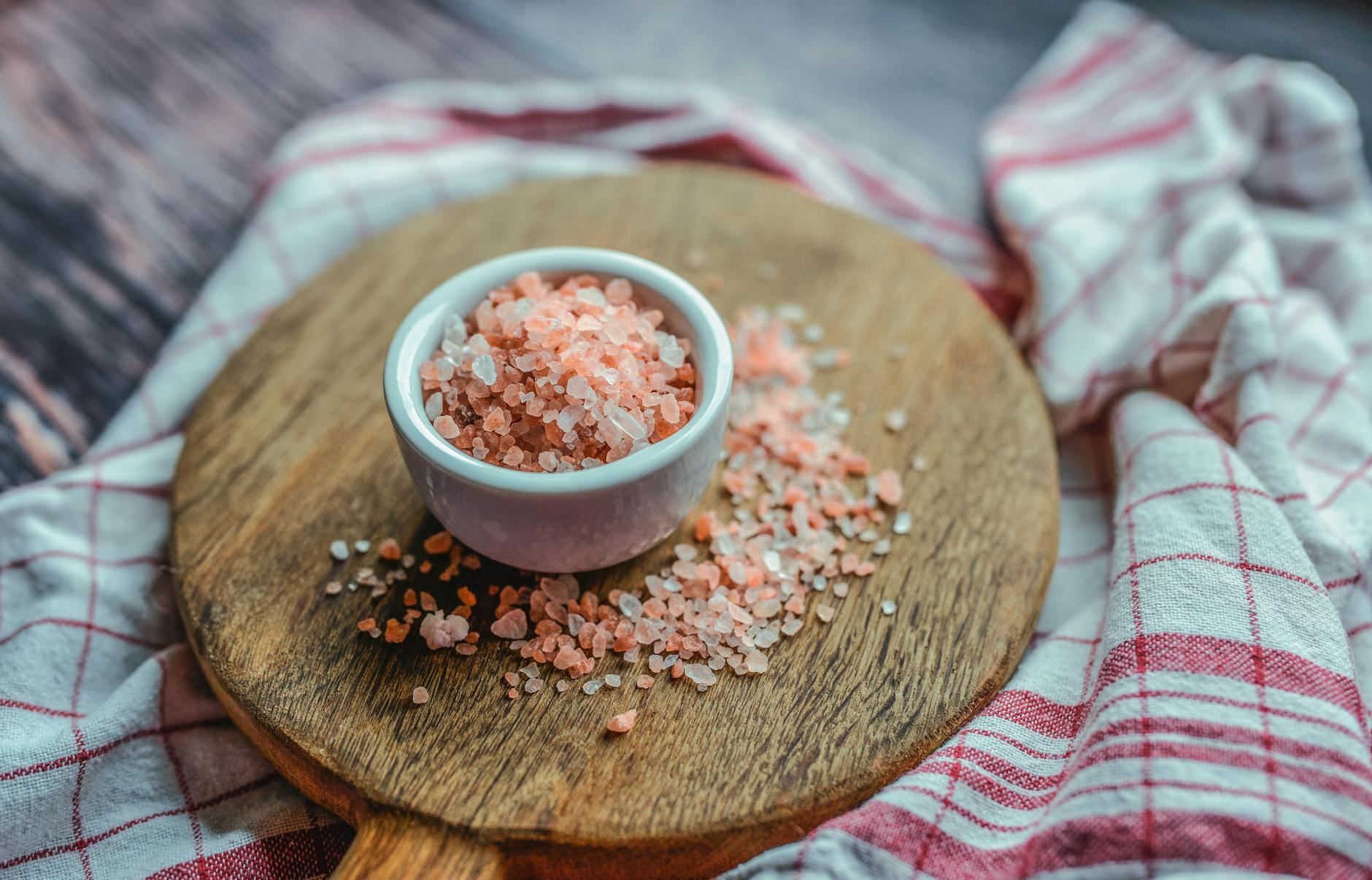My colleague sent me today’s article. Thank you for sending it my way! If you come across an interesting journal article and want me to write about, feel free to send me the citation.
This article was exploring changes in taste perceptions for adults living with CKD.
Why they did the study?
The authors highlight the importance of low sodium diets for helping to manage kidney disease. So the authors investigated if adults with kidney disease have the same dislike reaction to high salt stimulus as healthy controls.
What did they do?
This paper describes the finding of two studies. The first, described by the authors as a pilot study, included 125 adults. Average age was 38 and these subjects needed to be free of any medical diagnosis and not taking any prescription medications.
The CKD study, included 70 adults living with kidney disease (defined as eGFR less than 60). These participants could have diabetes or not and were able to be on medications.
Both the healthy and CKD populations had their taste sensation and aversion tested using droppers of solutions testing sensitivity to salt, sweet, sour and bitter taste. Each solution came in increasing concentrations, such that there were five concentrations of each taste solution. Participants were asked 3 questions after each drop:
- Do you taste anything?
- If yes, what taste (e.g. salt, sweet, sour or bitter)
- Did you dislike the taste or not?
Aversion occurred when someone said they disliked it.
What did they find?
For healthy subjects, 49.6% of participants were able to taste the second lowest (0.6%) salt solution, while 69.6% were able to taste the third lowest (0.9%). Participants started reporting dislike the salt taste at concentrations of 1.5%. By the 10% sodium solution, half of participants said they didn’t like it. 37.6% did not report disliking the 20% (the highest sodium) concentration solution.
For subjects living with CKD, 29.9% were able to detect the 0.6% sodium solution, and 44.2% were able to detect the 0.9% sodium solution. This is lower than the healthy subjects. 20% of CKD participants could not recognize the 20% sodium concentration solution, which was much higher than the healthy cohort at only 1.6%. 78.6% reported not disliking the 20% sodium concentration solution. Having dentures and being male was associated with a reduced sodium aversion.
There were not significant differences between healthy and CKD participants in the ability to detect sweet, sour or bitter tastes. Though adults with CKD had a reduced aversion to bitter and sour tastes compared to the healthy controls.
Discussion
This paper found that adults with CKD were less likely to say they did not like a high salt solution than healthy adults. The authors hypothesize that this may make it harder for adults with CKD to reduce their sodium intake. The potential causes for changes in taste related to CKD, include aging, uremia, diabetes, zinc deficiency and impaired oral health. It has been suggested that uremic toxins can damage taste cells in CKD (I didn’t know that!).
One of the major limitations of this study was the differences in age between the healthy and CKD subjects. Among the healthy subjects, the authors compared those who said they disliked the 10% NaCl solution vs those who didn’t. Notice that the average age of those who didn’t dislike (sorry for the double negative there!) was statistically significantly higher than the average age of those who did. This suggests that there could be an affect of age on the ability to perceive a 10% sodium solution as too salty, regardless of whether or not someone has CKD.
Take Aways
This article reminds me that adults living with CKD may have reduced perceptions and aversions to salty tastes. This may mean that they are less likely to stop eating something because it tastes too salty.
In my experience, most of my patients tell me that they don’t add salt to their foods. So when I am thinking sodium, I seldom worry about those overtly salty foods. I worry about more about the secret salty foods. That’s why, if I am doing a sodium teach, I love to use this tool: https://www.projectbiglife.ca/sodium/home
It’s a food screener validated for estimated sodium intake in Canada (Hooray!) And if you want to know why that matters check out my previous post here.



